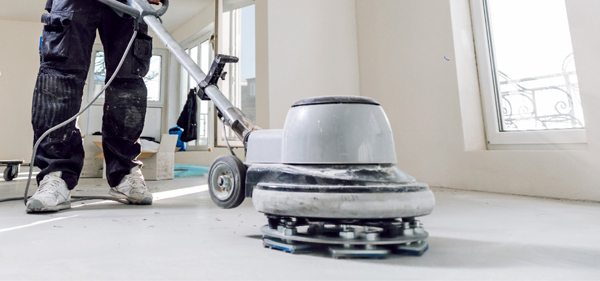
There is no such thing as being too safe!
Electricity can be dangerous whenever you work with power tools or on electrical circuits, there is a risk of electrical hazards, especially electrical shock. Anyone can be exposed to these hazards at home or at work. Workers are exposed to more hazards because job sites can be cluttered with tools and materials, fast-paced, and possibly open to the weather. Because electricity is a familiar part of our lives, it often is not treated with enough caution. As a result, an average of one worker is electrocuted on the job every day of every year! (NIOSH)
Contact with electrical current from machines, tools, appliances and light fixtures can result in electrocution burns, injury or death. With the myriad of extension cords and portable power tools used on a jobsite, there is also a real danger of shocks from damaged cords, lights and tools. Dampness or wet surfaces increase the risk. A large percentage of these injuries and death can be eliminated through the application/use of safe tool/electrical practices.
OSHA requires all tools be grounded on a jobsite and that ground fault circuit interrupters (GFCIs) be used. THE CPWR (Center to Protect Worker Rights) reports that OSHA requires all machinery and power cords to be grounded with three-prong plugs or have a double-insulated design. Use only factory-made extension cords that are designed and marked for hard or extra-hard use. Electrical problems are one of the most frequent OSHA citations.
Power Tool Tips
Use the tool only for its designed purpose.
- Inspect tool before each use.
- Maintain tools with care; keep them sharp and clean for best performance.
- Electric-powered tools must have a three-wire plug with ground.
- Use of electric-powered tools with a GFCI breakers will drastically reduce the possibility of electric shock or electrocution.
- Don't appropriate personal protective equipment (PPE).
- Ensure the power switch is “OFF” before plugging or unplugging tools.
- Never disconnect power by pulling on the cord – use the PLUG.
- Never carry a tool by the cord.
- Disconnect tools when not using them, before servicing and cleaning them, and when changing accessories such as blades, bits, and cutters.
- Avoid accidental starting. Do not hold fingers on the switch button while carrying a plugged-in tool.
- Remove all damaged portable electric tools from use and tag them: "Do Not Use."
- Wear proper apparel for the task. Loose clothing, ties, or jewelry can become caught in moving parts.
